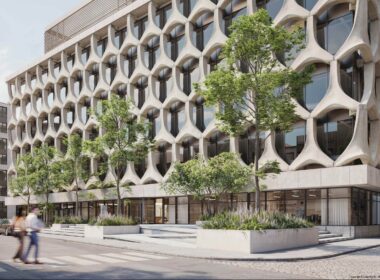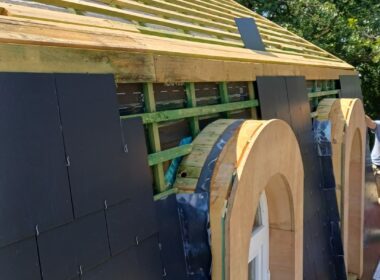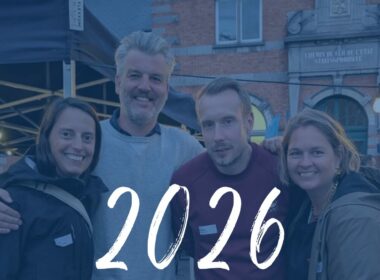Homegrade’s mission is to advise and assist private individuals with the renovation of their real estate assets in Brussels. Among other things, we specialise in raising the awareness of private individuals and in encouraging them to choose sustainable renovation, which implies making the right decision about the type of insulation used.
There is now a wide range of biosourced insulation available on the market (from plant and animal biomass) whose environmental qualities have been amply demonstrated. A great deal of literature describes the many benefits: raw materials from renewable or recycled resources, negative or neutral carbon footprint, local and energy-efficient production methods, low toxicity, excellent thermal performance for comfort in both winter and summer, humidity control, acoustical performance, etc. In addition, when it is used, the healthy nature of the insulation has a positive impact on worker health.
Private individuals are increasingly interested in renovation work which has less of an impact on the environment and their health. However, our experience in the field has demonstrated that this demand faces limited supply: renovation companies still currently primarily offer mineral wools (fibreglass and rock wool) and synthetic insulation from the petrochemical industry (PU, PIR, EPS, XPS) even when alternatives which are more sustainable and less harmful for the health of residents and workers would work just as well.
For example, it’s possible to:
- insulate sloped roofs from the inside using one of the many biosourced insulation products available in the marketplace: cellulose, wood wool, hemp wool, linen wool, recycled textiles or grass fibre instead of mineral wools;
- insulate sloped roofs using the sarking method with wood fibre panels instead of polyisocyanurate (PIR);
- insulate flat roofs using expanded rigid cork panels instead of polyisocyanurate (PIR);
- insulate façades on the outside using wood fibre or expanded cork panels instead of expanded polystyrene (EPS);
- insulate façades on the inside with blocks of hemplime instead of polyurethane panels (PU);
- or, insulate walls with straw (for example in a wood frame) and insulate floors with cork or bulk cellulose.
However, for some applications, “traditional” insulation is a good choice because of its hydrophobic (for example, extruded polystyrene – XPS) and fire-resistant (for example, mineral wools) properties and its compressive strength (for example, cellular glass).
The Brussels-Capital Region is providing financial incentives for biosourced insulation via increased allowances: the housing renovation allowance has increased the amount of work accepted by €5/m2 (i.e., an increase of 25%) and the energy allowance provides a €15/m2 bonus.
These financial incentives are important to encourage private individuals to make sustainable choices but they are not sufficient as long as supply is too low. While private individuals have made up their mind, the situation in the field often wins out: it’s either difficult to find entrepreneurs who work with biosourced insulation or the extra cost compared to other types of insulation is too high. Companies are tempted to offer their customers more “standard” insulation solutions because they are less expensive and their use is standardised and well-known…
We are at a turning point for housing renovation in Brussels thanks, among other things, to the growing circular economy in construction, social debate about climate change, and the Brussels-Capital Region’s 2030-2050 renovation strategy (the “Renolution”)… Given this background, Homegrade is convinced that a biosourced insulation materials product line is a market with a future for renovation companies. The product offering will meet growing demand and, the more it grows, the more financially competitive it will become against mineral and synthetic insulation materials.
Construction businesses have everything in hand to make sustainable renovation based on biosourced insulation the new renovation standard for tomorrow!
Author : Anne Costa, Homegrade
Read also : Technical facilities: a poor relation in the circular economy?; COVID Safe Certificate: The beginning of a solution from engineers and architects?, Training for more circular construction in Brussels, Greenbizz II, an exemplary centre dedicated to the circular economy



